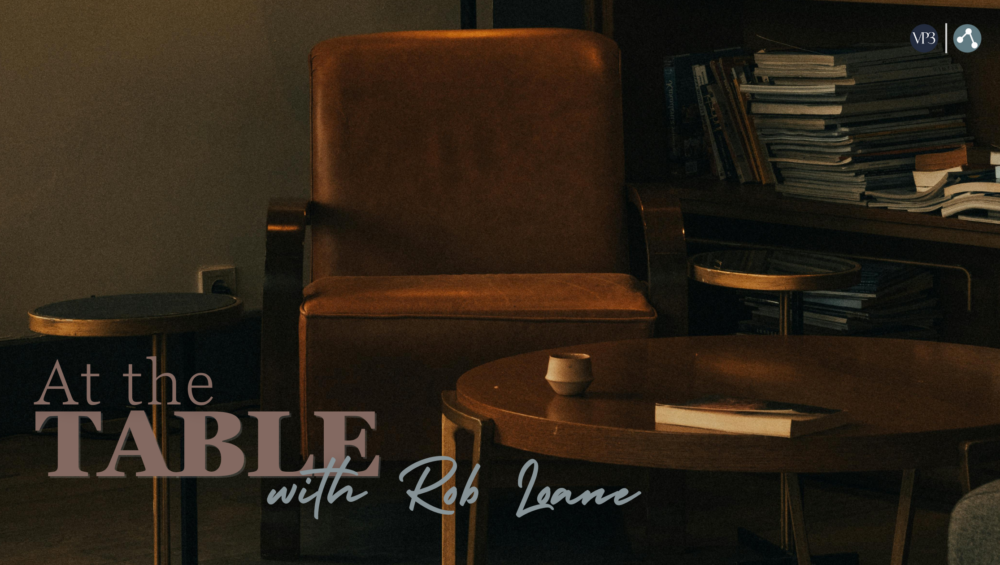Your emotional reaction to the title for today’s blog is already an indicator of your readiness for curiosity. It’s not a direct statement from Scripture, but I want to raise the question of the kingdom anticipated in the Bible for Jesus’ reign.
Isaiah 11:1ff puts us in mind of what God’s intentions were (and are): I ask you to read verses 1-9 to make sense of today’s blog.
Did you notice? Jesus was “the shoot from the stump of Jesse.” If you’re an apprentice of Jesus, this is the mandate to which we bow: “His delight shall be in the fear of the Lord.” Not to be afraid of the Lord, but to honor, respect, follow, and obey the Lord. This oracle forecasts a new king coming out of the line of Jesse, not out of any political party, but from a long past of faithfulness to Yahweh. What is the nature of this new kingdom? Read More




 Keith Anderson
Keith Anderson


